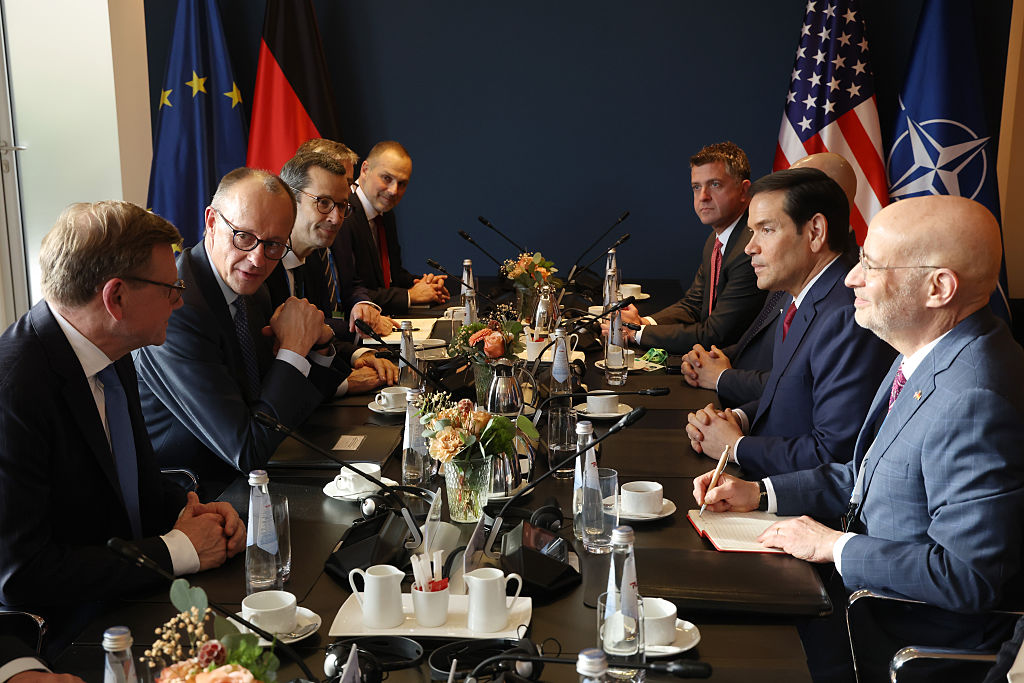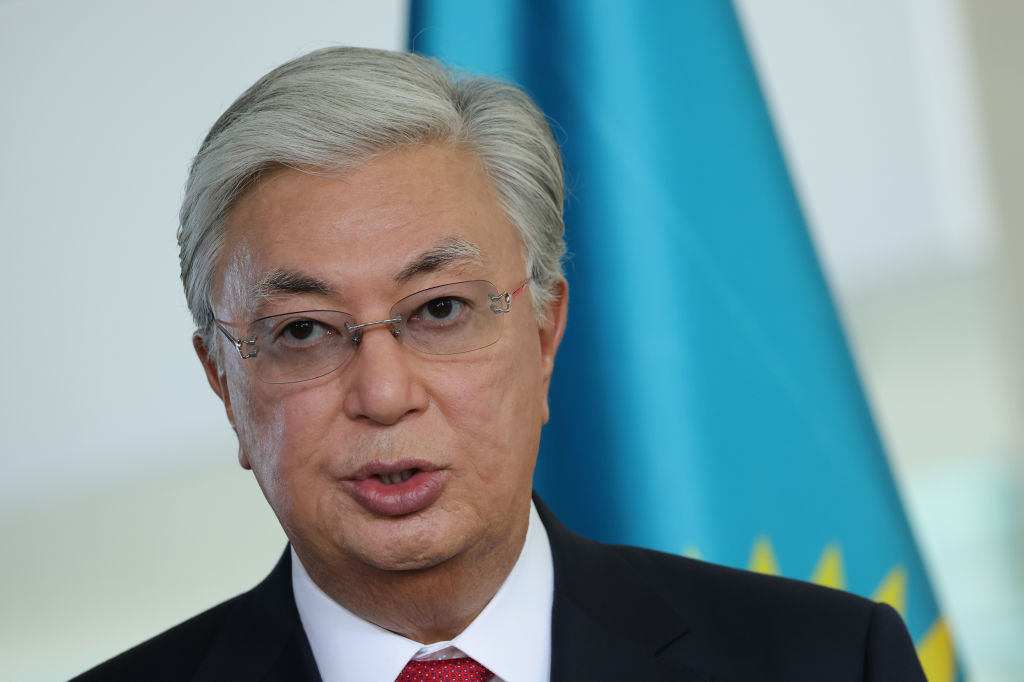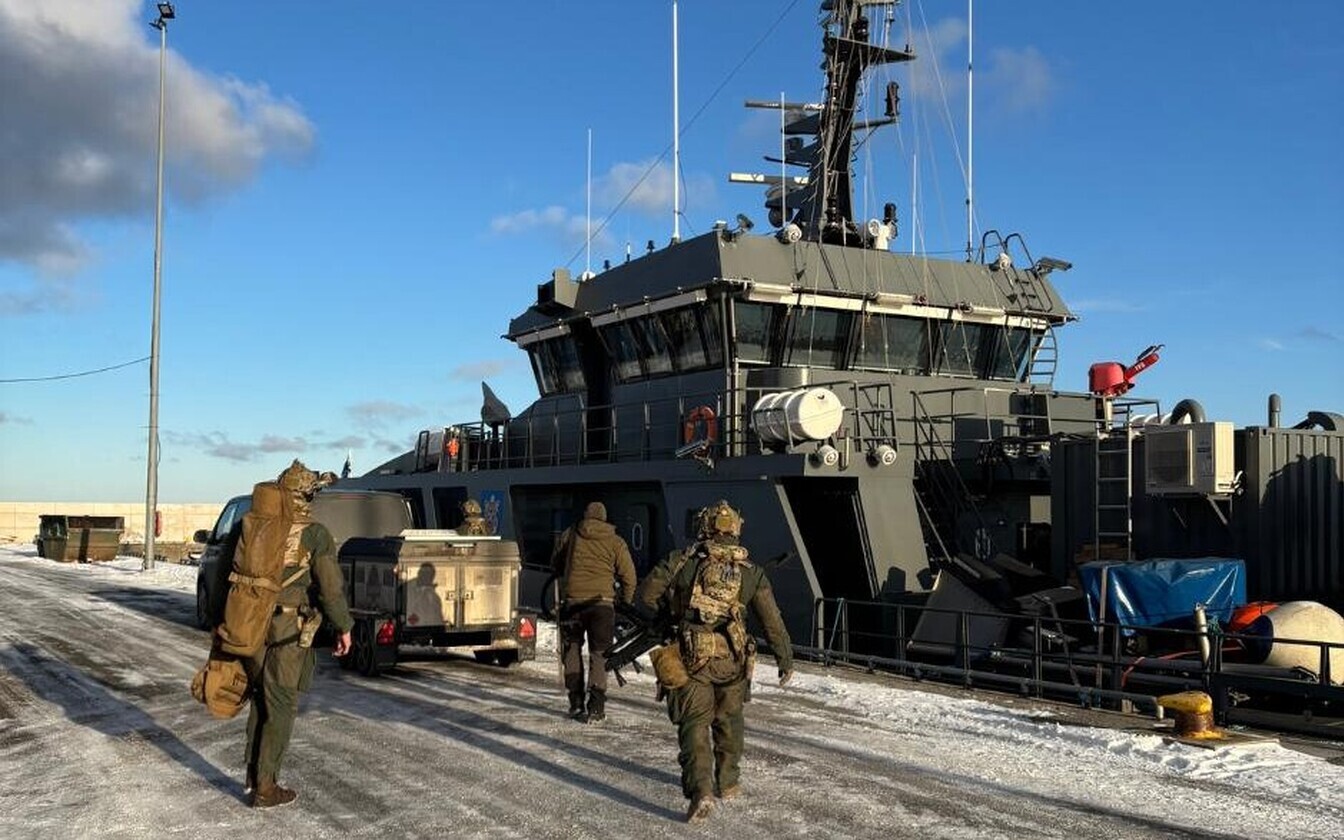
Forget the Economy—It’s Geopolitics, Putin
Forget the Economy—It’s Geopolitics, Putin
The trickle of sad and sour economic news continues to exacerbate Russia’s stagnant economic outlook, but the Kremlin authorities remain resolutely indifferent to these negative trends. They presume that the arrival of a “technical” recession does not constitute a political challenge because the “below-middle” classes have rallied around the flag of confrontation with the West, while the business elites are lined up to follow the government’s “patriotic” instructions. It is the urban middle classes that tend to sink into discontent, but they remain disheartened by the hard-hitting propaganda and divided by selective repressions. This confidence in political control over the economic fundamentals was supposed to be demonstrated last week at the traditional investment forum “Russia Calling,” but a reminder has come instead that such control is a recipe for disaster (Nezavisimaya Gazeta, October 3).
President Vladimir Putin reaffirmed his commitment to the course of Russian re-industrialization and centralized investments channeled through state corporations. However, it was the carelessness with which this pseudo-optimistic message was delivered that caught the most media attention (slon.ru, October 3). The main news-maker of the forum was German Gref, the head of Sberbank, who seemingly lashed out against the incompetence of economic decision-making in the government (polit.ru, October 3). Gref is too experienced a courtier to say a word against the supreme “decider,” but his reference to the collapse of the Soviet Union clearly alluded to Russia’s current slow economic decline (forbes.ru, October 3).
The shortage of investment capital in the Russian Federation is not a temporary spasm but a sustained trend, and the anti-inflation measures of the Central Bank have not checked the devaluation of the unreliable ruble (gazeta.ru, October 2). The government ministers, who tried to neutralize Gref’s criticism, nevertheless seem to have a pretty good understanding of the political impossibility of necessary reforms—though they publicly kept up the pretense of putting in due effort to prepare the draft state budget (Novaya Gazeta, October 3). It, indeed, makes little sense to try to balance the books when the State Duma has just approved legislation (aptly labeled the “Rotenberg law,” after a family of notorious business-crooks) that provides for generous financial compensations to the “oligarchs” whose assets were frozen by Western sanctions (Ezhednevny Zhurnal, October 3).
Sanctions certainly add to the deterioration of the investment climate, but perhaps a deeper impact on the contraction of Russian revenues has been caused by the steady decline in the oil price. This trend has been turning various international credit rating agencies increasingly skeptical in their forecasts for Russia (Kommersant, October 2). Responding to this challenge, Igor Sechin, the head of the state oil company Rosneft, asserted that in order to secure a positive return on the company’s current investments, the international price of oil needs to reach $150 per barrel (Newsru.com, October 3). The market, however, shows little inclination to follow this instruction—the crude oil price today (October 6) hovers around $90 per barrel (crude-oil.net, accessed October 6). At the same time, Rosneft’s production is declining. As a result, even the much-trumpeted news about a discovery of a large oilfield in the Kara Sea has not lifted this company’s market value (RBC Daily, October 3).
The situation is even more problematic in the gas industry, where Gazprom is losing its position on the contracting European market and remains stuck in highly politicized bargaining with Ukraine (RBC, October 4). Gazprom’s hopes for overcoming these weaknesses are pinned on opening a high-volume export channel to China. But as more details emerge about this “strategic” deal, which was signed during Putin’s May visit to Shanghai, the gas agreement starts to look less and less profitable or, indeed, feasible (RBC Daily, October 2). Worry appears to be growing in the Kremlin about obstacles to the deal’s implementation (and, in particular, about the promised but postponed pre-payment, amounting to $25 billion). Thus, a mid-level Gazprom manager, who revealed that the business plan aims at a delay of at least two years, was unceremoniously sacked (newsru.com, October 3).
Putin used to enrich political discourse with pledges about gas prices and promises of pipeline branches; but now these “mundane” matters have been supplanted by his thoughts regarding the international system at large, where an inherently hostile West seeks to subdue the defiant Russia. Economic logic fails to make an impression on this big picture, which is sharply skewed by Russian propaganda. Consequently, the public’s negative attitude toward the European Union continues to rise to almost match its views of the United States—68 percent and 73 percent, respectively (levada.ru, October 3). This jingoist wave prevents the Kremlin from being able to soften the EU’s sanctions, which German Chancellor Angela Merkel—one of the few peers still talking to Putin—tries to hold out as a political incentive (kremlin.ru, October 2).
Putin’s strategic policy of confrontation is a peculiar blend of conspiracy theories, parochial interests of a few loyal oligarchs, and propaganda clichés. Collectively, they support the regime’s ability to rule only over a “besieged fortress” (Novaya Gazeta, October 3). In order to sustain the momentum of national mobilization around the Kremlin towers and reinforce this self-righteous delusion, new “victories” have to be scored. Hence, the clashes around the Donetsk airport may at any moment shatter the fragile ceasefire in eastern Ukraine (lenta.ru, October 4). A sour economic reality of falling incomes and rising prices cannot be allowed to spoil the joy of joining the ranks of true “patriots” who reject the encroachments of the corrupt West and embrace the Russian leadership, corrupt as it may be (slon.ru, October 3).
Mikhail Khodorkovsky, who has re-launched the Open Russia communication platform, warns that this pattern of authoritarian control cannot be broken by democratic means and that the domestic situation in Russia is deteriorating toward a crisis similar to the catastrophic spasm of 1917 (Moskovsky Komsomolets, October 3). This may appear as an over-dramatization. But the deterioration of the economy, propelled by the quasi-geopolitical decision making and the degradation of society, and all of it instigated by war propaganda, make for a self-destructive combination.
In early October 1993, Russia took a step back from the abyss of national catastrophe when tank salvoes in Moscow forced the vying political elites to find a compromise. But this autumn, tank battles in the eastern Ukrainian region of Donbas have destroyed Russia’s rationale for living in peace with its neighbors. The political class is, thus, compelled to keep going forward. A “freezing” of hostilities, which so many Western politicians are eager to see established as a beginning of crisis management, is just not an option for the party of war within the Kremlin’s corridors.


